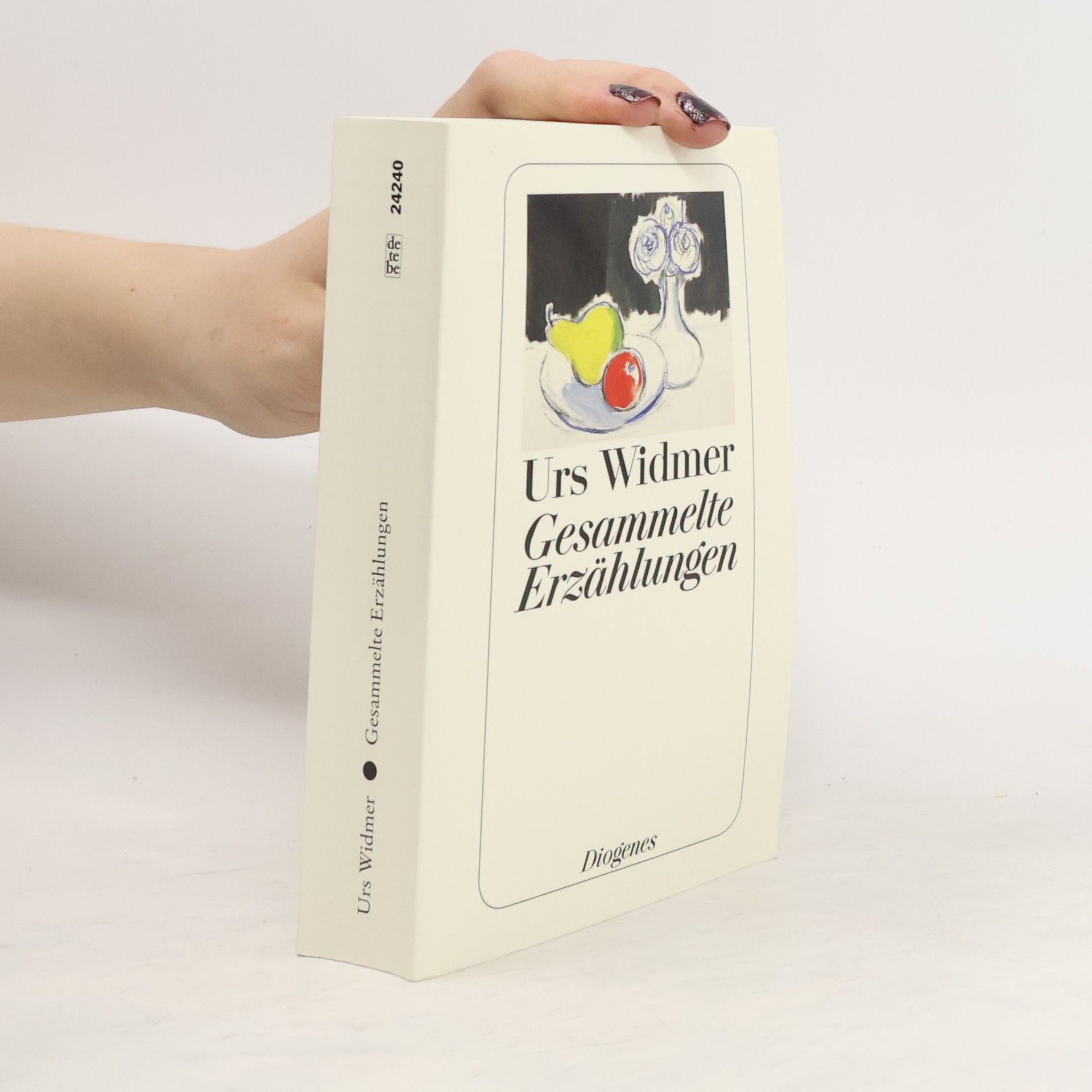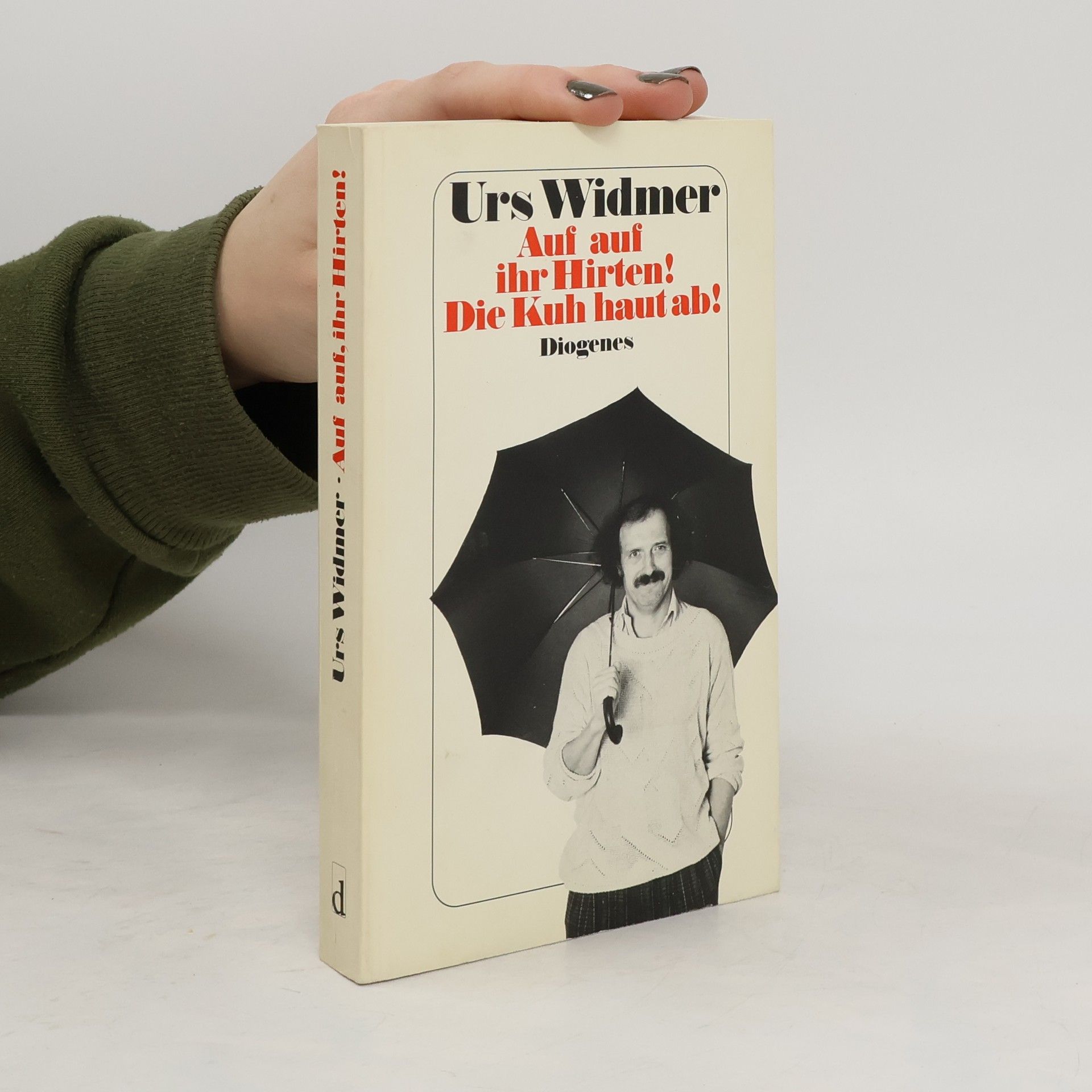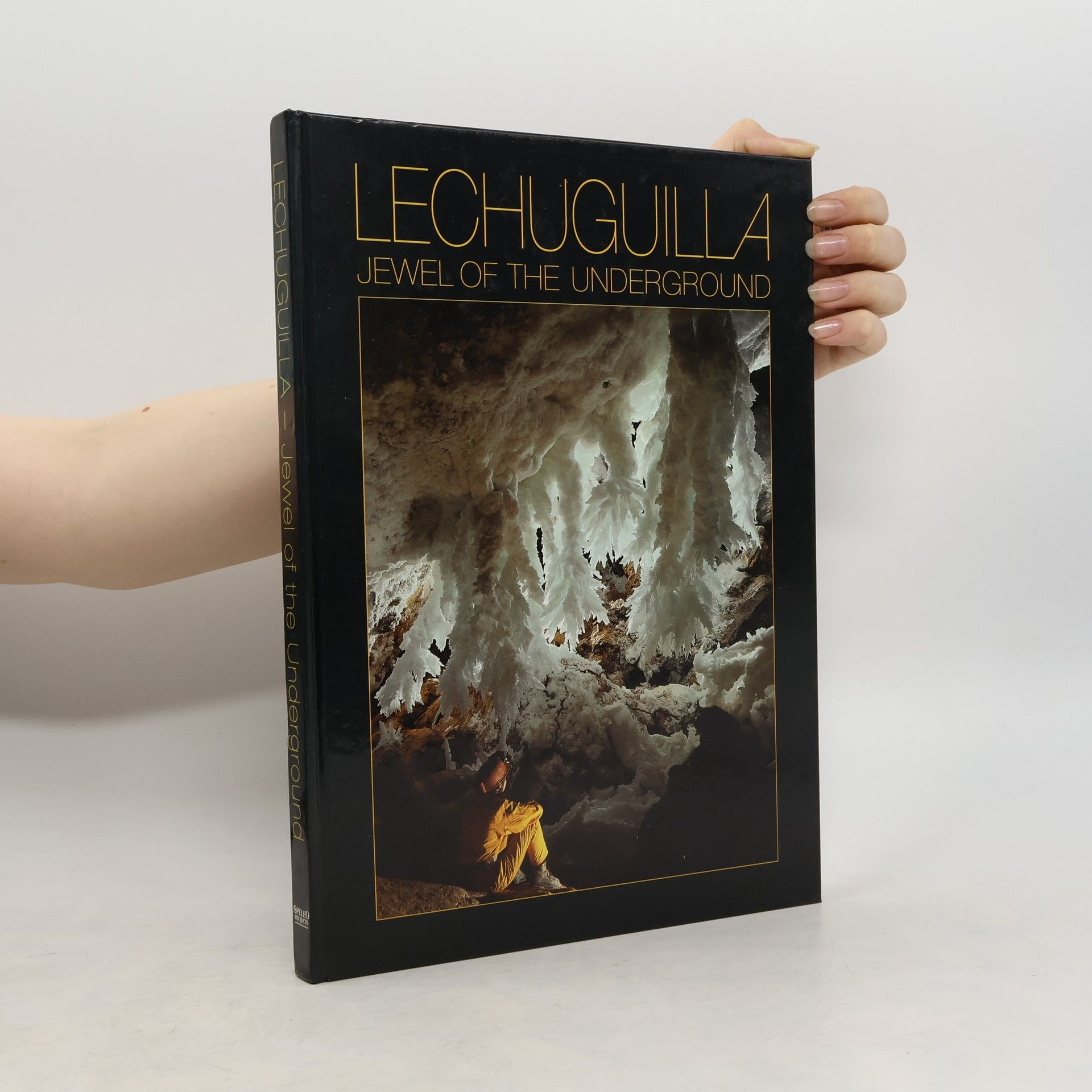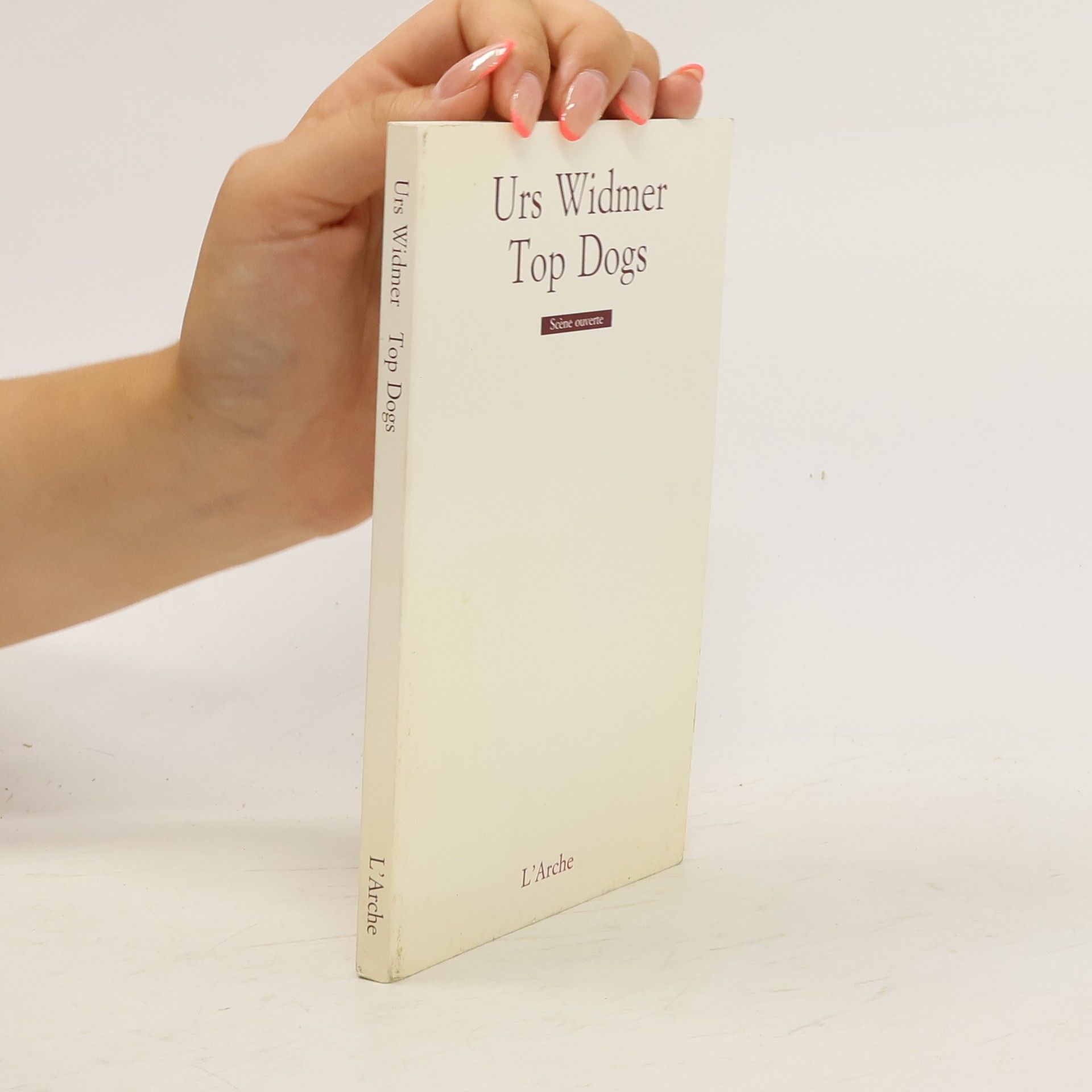Top dogs
- 78pages
- 3 heures de lecture
Urs Widmer était une voix distinctive dans la littérature, connu pour son approche unique de la narration et son exploration de thèmes complexes. Ses œuvres plongent dans la condition humaine avec un mélange d'intellect et d'émotion, caractéristique de son style littéraire profond. Il a créé des récits qui ont résonné auprès des lecteurs, laissant une impression durable par leur profondeur et leur originalité. La contribution de Widmer à la littérature se caractérise par son engagement constant envers l'excellence littéraire et l'expression innovante.







Kuno, a male nurse in a Swiss retirement home, has a new inmate: his father. In the confines of their new home, the pair does something surprising--they finally begin to talk. Kuno had always regarded his father as a boring man without a history or a destiny, until they are thrust together and he learns that his father risked his life in the war. Stunned, Kuno embarks on a journey into his own psyche, taking him to the depths of the Congo. Here, longings awaken and dreams come true--rays of light in the darkness, meetings with kings, seductive women, and the songs of the jungle. This alluring far-away place he once regarded as the heart of darkness suddenly becomes an exciting locale of lunacy, wildness, and tests of inner strength. In Urs Widmer's characteristic style, In the Congo is a riveting yarn, threading through not only the relationship between a father and son, but that of Africa and Europe. Translated by Donal McLaughlin, this novel will delight Widmer fans the world over and will turn our notions of colonialism on their heads.
A magnificent example of Widmer's characteristic humor, literary genius, and unparalleled imagination. In the wildly entertaining novel The Blue Soda Siphon, the narrator unexpectedly finds himself back in the world of his childhood: Switzerland in the 1940s. He returns to his childhood home to find his parents frantic because their son is missing. Then, in another switch, the young boy that he was back then turns up in the present of the early 1990s, during the Gulf War, where he meets himself as an older man, and meets his adult self's young daughter. These head-scratching, hilarious time shifts happen when both the adult narrator and his childhood self go to the cinema and see films, the subjects of which echo their own lives. Translated into English for the first time by Donal McLaughlin, this novel, in which the eponymous blue soda siphon bottle is a recurring symbol, is a magnificent example of Urs Widmer's characteristic humor, literary genius, and unparalleled imagination.
"kolumnen sind Lektüre für Minuten, aber Urs Widmer präsentiert die Inhalte wie eine geballte Ladung Schnupftabak: Das Gehirn wird gründlich freigeblasen." Basler Zeitung
Gesammelte Erzählungen von Urs Widmer, beginnend mit seinem Erstling ›Alois‹ (1968) bis zur ›Reise nach Istanbul‹ (aus: ›Stille Post‹, 2011). Darin außerdem enthalten die großen Erzählungen ›Die Amsel im Regen im Garten‹, ›Liebesnacht‹, ›Indianersommer‹, ›Das Paradies des Vergessens‹ sowie ausgewählte Erzählungen und Geschichten aus den Werken ›Schweizer Geschichten‹, ›Vom Fenster meines Hauses aus‹, ›Das Verschwinden der Chinesen im neuen Jahr‹ und ›Vor uns die Sintflut‹.
Urs Widmer hat die wundervollen Geschichten aus Tausendundeiner Nacht behutsam gerafft, ohne ihnen das orientalische Flair zu nehmen. Höchst anschaulich, deftig und kurzweilig erzählt er die sechs berühmtesten Geschichten der unsterblichen Scheherzad neu. Und damit die große Märchensammlung für alle Sinne »eine Quelle unendlichen Genusses, das reichste Bilderbuch der Welt« (Hermann Hesse) werde, hat Tatjana Hauptmann sich ans Werk gemacht, DIE Künstlerin, um die orientalische Üppigkeit und Subtilität ins Bild zu holen.
Vom Abweichen von der Norm. Vom Leiden der Dichter. Vom Traum, namenlos mit der Stimme des Volks zu singen. Von der Phantasie, vom Größenwahn, vom Gedächtnis, vom Tod und vom Leben. Von König Ödipus und Sophokles. Fünf Vorlesungen als Summe der Erfahrungen Urs Widmers mit Dichtern und ihren Büchern
STAN UND OLLIE sind im Himmel in Ungnade gefallen und landen unsanft auf der Erde - mitten in Deutschland. Hier erleben sie allerlei unheimliche und komische Geschichten der dritten Art. Schon mit dem Titel führt die Farce ALLES KLAR den Zuschauer aufs Glatteis eines Verwirrspiels. Totschlag, Mord, Banküberfälle – das Leben spielt sich als Kriminalgroteske im Wohnzimmer der Familie Schmitt ab und spiegelt sich in Dialogen, in denen jeder den anderen zu verstehen meint, während sich die Missverständnisse zur Katastrophe auswachsen.
Bericht eines Spaziergangs durch 33 seiner Gemälde
Urs Widmer fasst in Geschichten und Texte, was die Bilder von Valentin Lustig bei ihm ausgelöst haben. Entstanden ist dabei etwas ganz Neues: ein inspirierter und inspirierender Dialog zwischen zwei kongenialen Künstlern.